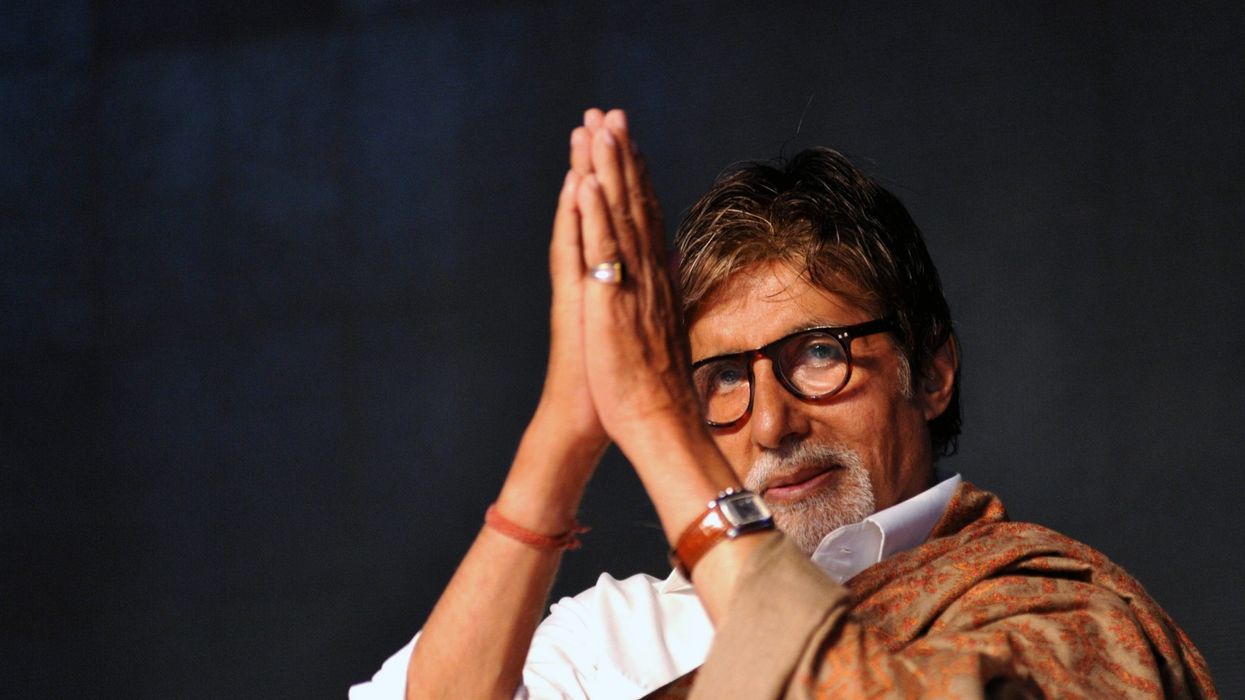Megastar Amitabh Bachchan on Monday teased that he is planning to restart his routine Sunday meet-and-greet with his fans as Covid-19 restrictions have been lifted in Maharashtra.
Bachchan, who used to meet and greet his fans every Sunday at his house Jalsa in Juhu, had called off the weekly activity in March 2020 due to the pandemic, putting an end to a 38-year-old tradition.
Now that the Maharashtra government has lifted all pandemic-related restrictions, including the mandatory wearing of masks, the 79-year-old actor said the fan activity might resume.
"Alright .. the news about the city of Mumbai is that no more masks and protocol of COVID .. which comes as a blessing .. and the restrictions of flights in the International to be given operations as normal... So hopefully travel from far-off lands shall be in permission .. and perhaps the Sunday meets at the Jalsa gate on Sunday to be revived, albeit with given precautions... Such a desire to look forward to when I am back," Bachchan wrote on his blog adding that he is currently shooting for a project outside the city.
The veteran actor didn't specify the name of the film he was shooting for.
Bachchan has a packed slate with films like Uunchai, directed by Sooraj Barjatya, and Good Bye, both in production.
He will also be seen in Ajay Devgn's directorial Runway 34, Ayan Mukerji's Brahmastra, and the yet-untitled project featuring Prabhas and Deepika Padukone.
Runway 34 is scheduled to enter cinemas on April 29, 2022.




